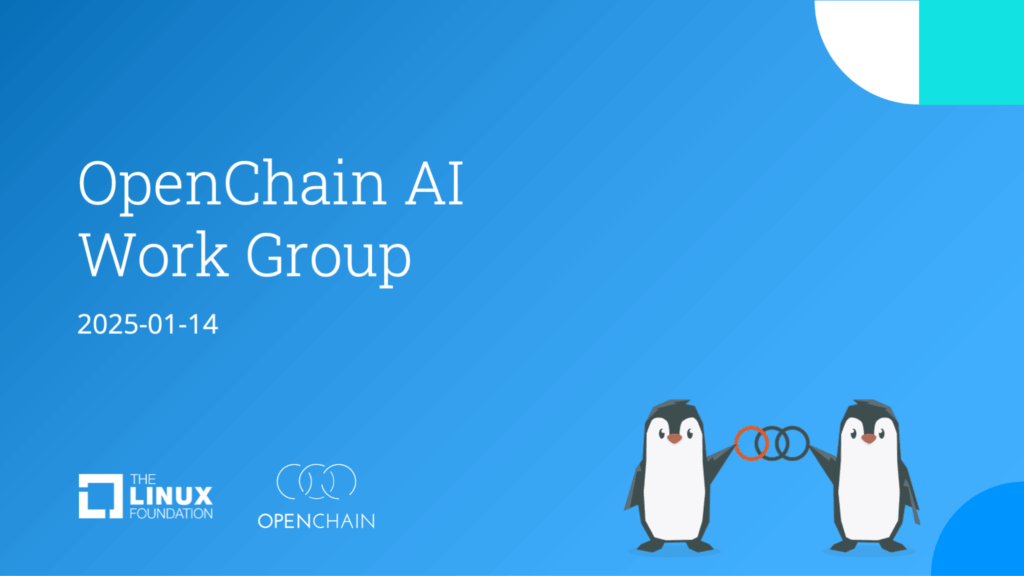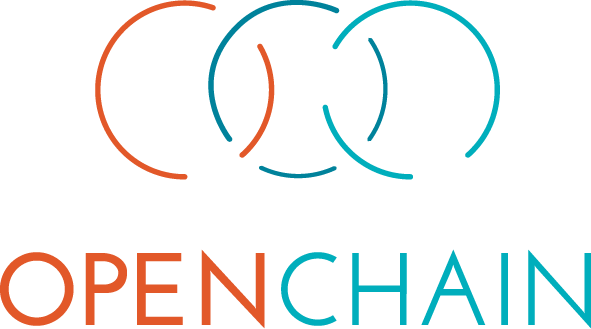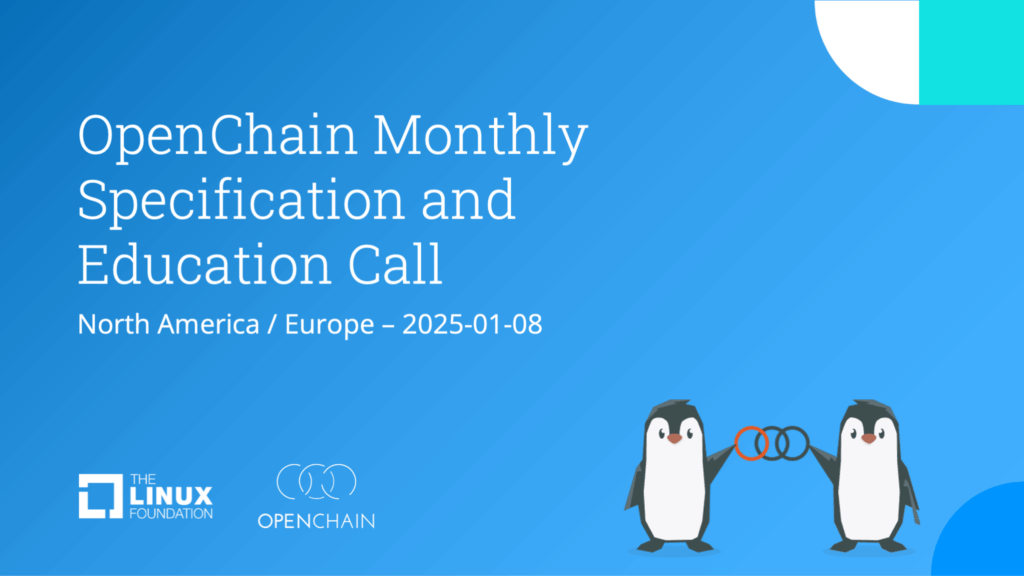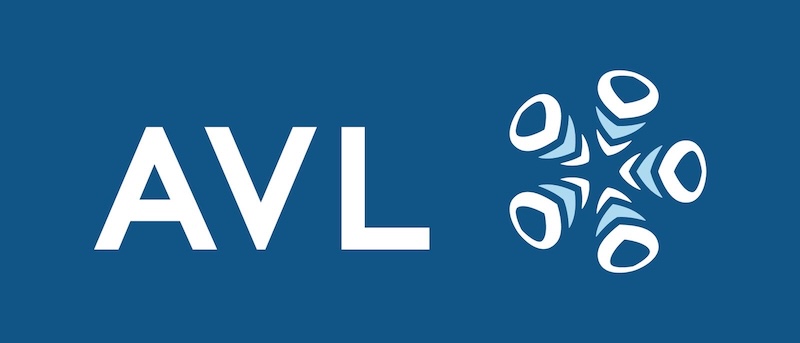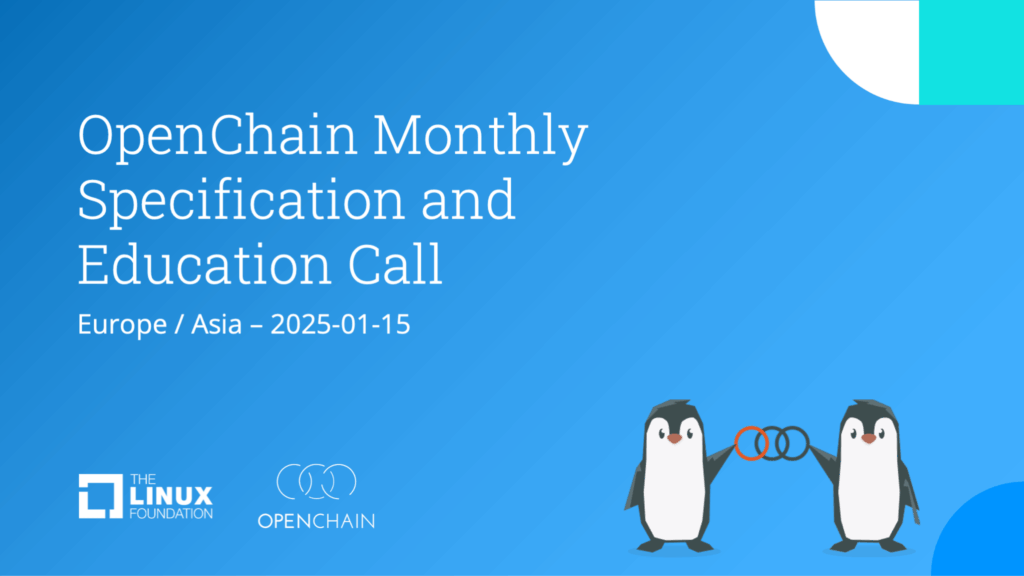
Our second meeting of the Specification and Education Work Groups was a Europe and Asia call.
Check out the Meeting Slides:
Watch the Recording:
Specification Work Group:
We covered:
- The end of the comment period for proposed updates to ISO/IEC 5230 and ISO/IEC 18974 (2024-06-19 ~ Ending 2024-12-19) [1]
- What happens next in the three-month Freeze Period [2]
- What to expect from the Steering Committee meeting to review the Specification Drafts on 2025-02-03 adjacent to the Q1 2025 Governing Board Meeting in Brussels
- What is happening with the separate ISO/IEC 5230 periodic review at ISO as it reaches five years of age, and what to expect next
[2] https://hubs.la/Q031H12h0
Education Work Group:
We covered:
- What happens next with the OpenChain Explainer Series – Documents (Release) and Videos (Beta) [3]
- The status of the Capability Model and what to expect next [4]
- A proposal to consider where we can go with online training for ISO/IEC 5230 (LFC 193 and LFC 194 refresh with LF Training?) and ISO/IEC 18974 (New LFC courses with LF Training?)
[4] https://tinyurl.com/358s8smy
Other Items:
A note on the timing of the call, and sustainability:
This call takes place between 01:30 and 02:30 in Japan to allow North American and European participants to collaborate. However, this makes it difficult for the General Manager to attend. There is a request to action one of two things:
- Move the meeting to a North America / Asia schedule, complementary with the other OpenChain Monthly Specification and Education Call (Europe / Asia) on 3rd Wednesdays or
- A community volunteer to run the meeting on a regular basis
Issue to be discussed further.
Coming Next:
We will be following up on the activities outlined above on the mailing lists, and we will continue our regular series of calls and meetings throughout the year.
Join Our Work:
Everyone is welcome to be part of the Specification Work Group. You can join their mailing list here:
https://lists.openchainproject.org/g/specification/
You can find and be part of all OpenChain calls through our participation page here:
https://openchainproject.org/participate
